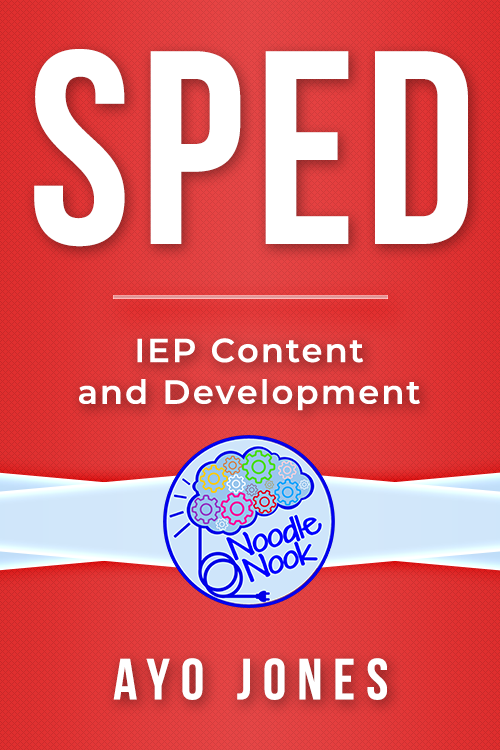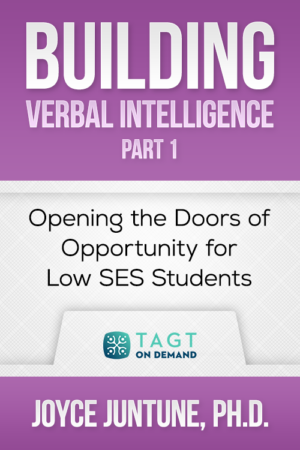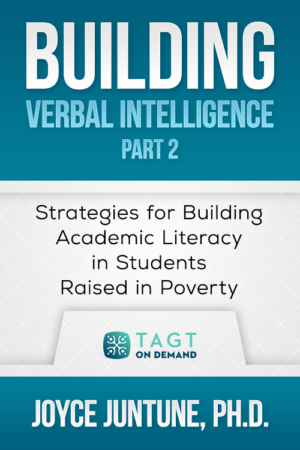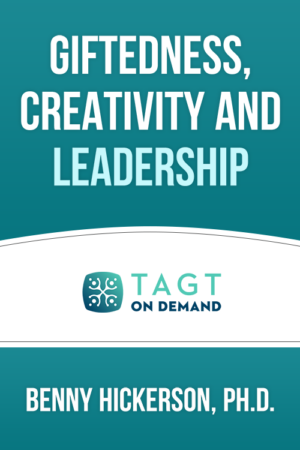Description
Educators should have high expectations for students with disabilities and hold them to rigorous academic standards. Those high expectations and standards should be evident in their individualized education plan (IEP). To ensure quality, the federal government and local state agencies have specific guidelines and laws that every educator needs to understand.
In this course from Noodle Nook, Ayo Jones shares a general overview of required IEP content, as well as specific considerations necessary during the development of every IEP. In addition, she covers IEP basics that every educator should know.
This session is part of the Special Education Self-Assessment Series. The series is all about self-evaluation and gaining a better understanding of things you should do to meet your legally-mandated obligations when developing an individualized education program for a student receiving special education services.
In this 30-minute course you will learn:
- What an IEP is
- Who the required members of an IEP team are
- What information should be included in an IEP
- How to include supplemental services and supports
- What to include about state assessments and testing accommodations
- Supplemental information that needs to be included in an IEP
Other courses in this series:
SPED Self-Assessment – Child Find and Evaluations
SPED Self-Assessment – Family Engagement
SPED Self-Assessment – IEP Implementation
SPED Self-Assessment – Instructional Strategies
SPED Self-Assessment – Properly Constituted IEP Committees
SPED Self-Assessment – Secondary Transition






Melissa – RANKIN ISD (verified owner) –
It was good.